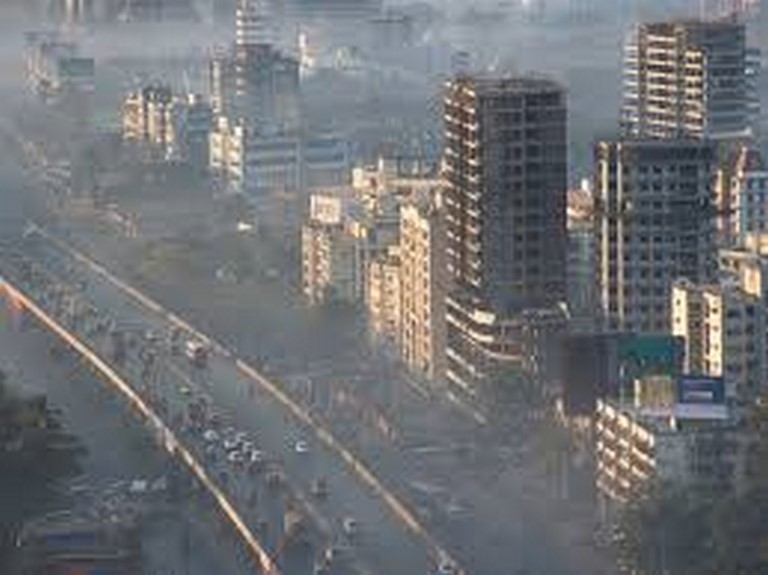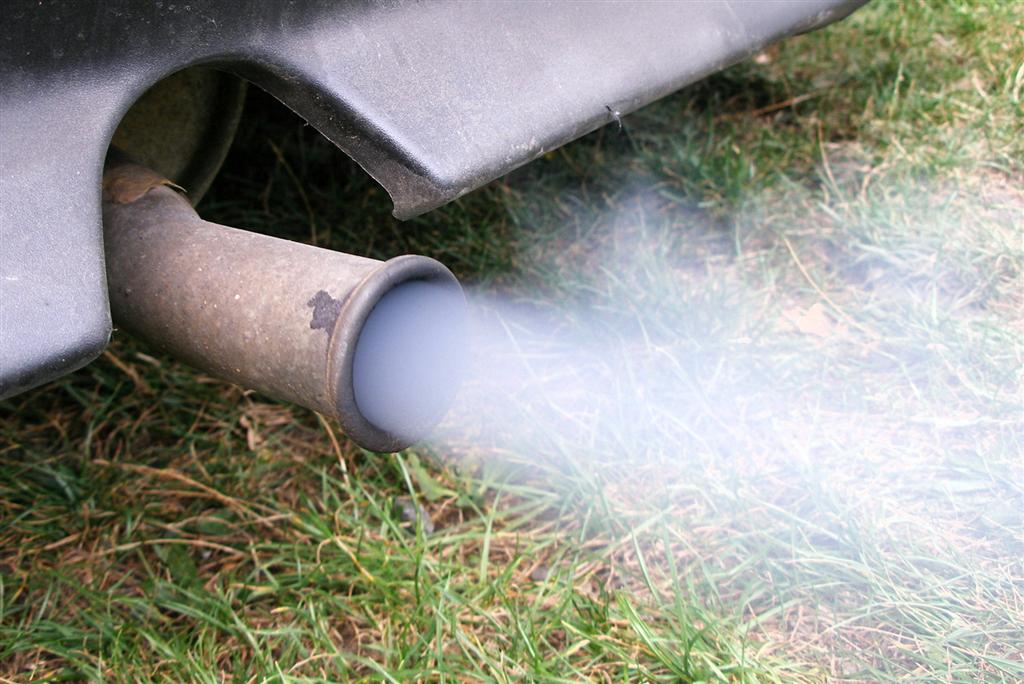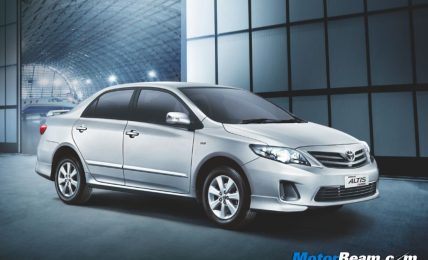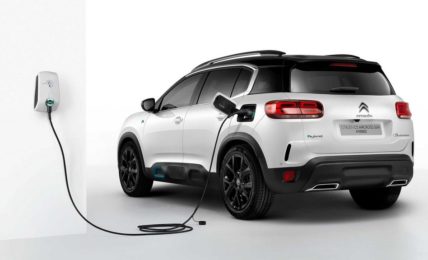As analysed by Harish Salve, upgrading from BS-IV to BS-VI emission norm compliant diesel car would cost the manufacturer just Rs 36,000/- per car and would make the vehicle 82% less polluting.

The Supreme Court’s decision to advance the enforcement of BS-VI norms from 2024 to 2020 has seen a widespread criticism from the automobile industry, claiming unfavourable transition in technologies and huge investments to make cars BS-VI complaint. Automobile manufacturers have staged a protest against the decision declaring unviable business model due to the change.
In order to find the practicality of the situation, an analysis was conducted by amicus curiae to the Supreme Court, Harish Salve. Upgrading a BS-IV compliant diesel car to BS-V emission standards would require the manufacturer to spend Rs. 16,800/- on each car and this upgrade would feature improvements in fuel atomisation with an injection pressure of 1600-1900 bar with no significant changes in engine technology.
Considering this into account, a suitable work on the exhaust system should help the car pass the norms without breaking a sweat. The report also states that upgrading from BS-IV to BS-VI does not require any changes in engine technology except for an improved injection pressure of 1800-2100 bar, a diesel particulate filter and a lean NOx trap which together will set the manufacturer aside by Rs. 20,280/- while a similar upgrade in petrol engines will cost the manufacturer Rs. 1200/- only.
Looking at the report points at aspects which the manufacturer would never divulge to their customers, let us remind you that there have been several such reports every time standardisation in the industry has been considered. But these reports have played far too less a point for manufacturers to reconsider their stance. Comparing the data analysed by both the parties, it only becomes convincing for us to jump to a conclusion without a proper inspection.
Reports by Mr. Salve seem to be against the remarks made by the manufacturers while holding key points like reductions in emissions from cars, part of anti-pollution measures taken by the government keeping in mind the alarming effects and a cost-effective strategy of reducing the upgrading costs by skipping BS-V emission standards.





